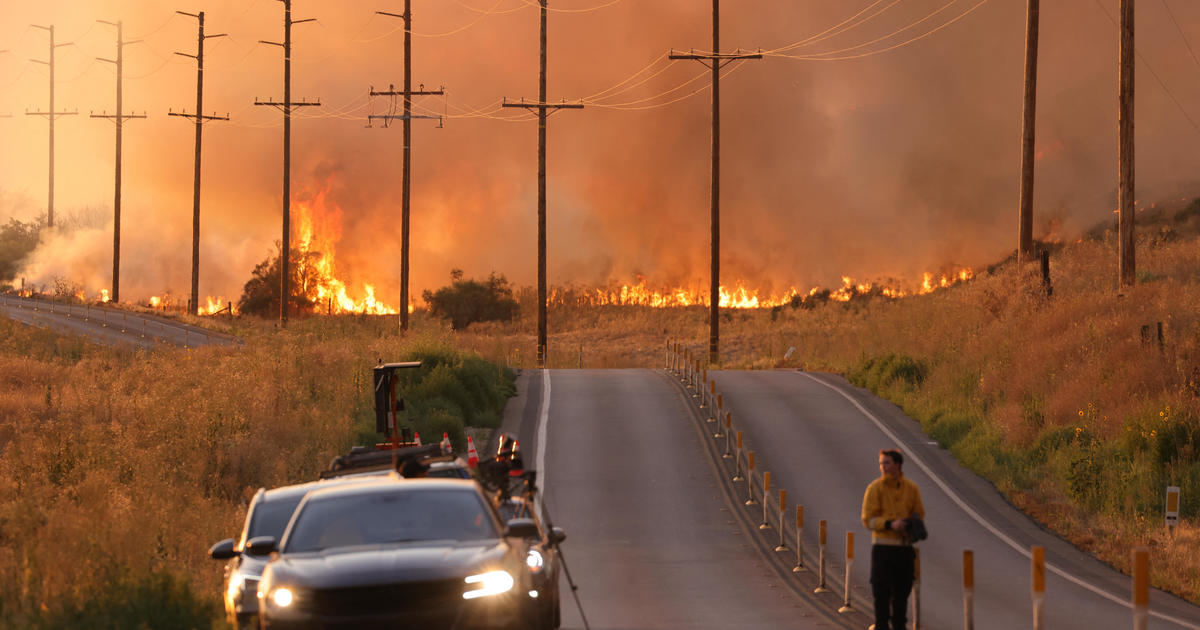The United Nations has announced that July will be the hottest month ever recorded on Earth, according to new data from the World Meteorological Organization (WMO) in partnership with the European Copernicus Climate Change Service. U.N. Secretary-General Antonio Guterres described the situation as a terrifying indication that climate change is already here. Carlo Buontempo, director of the Copernicus service, confirmed that human-caused greenhouse gas emissions are the primary driver behind rising temperatures and the extreme weather events that have impacted millions of people this month. He emphasized that these events are a preview of the future effects of climate change.
In addition to this announcement, new forecasts suggest that the record-breaking temperatures experienced in July are likely to continue throughout the year, with land temperatures expected to exceed average levels for this time of year. Professor Petteri Taalas, head of the WMO, stressed the urgency of reducing greenhouse gas emissions as a necessary response to the current situation.
To combat climate change, U.N. Secretary-General Guterres outlined several steps that should be taken. First, multilateral development banks should leverage their funds to mobilize additional private finance for developing countries, specifically for renewable energy, adaptation, and addressing the damage caused by climate change. Second, world leaders must make stronger commitments to reduce emissions and support other countries at the upcoming Climate Ambition Summit during the U.N. General Assembly in September. Third, developed countries need to fulfill their pledge to provide $100 billion per year to developing countries for climate-related support and create clear roadmaps to double financing by 2025. Fourth, countries must develop plans to protect their populations from the severe impacts of rising temperatures. Fifth, financial institutions should stop funding fossil fuel extraction and shift their investments towards renewable energy. Finally, fossil fuel companies must transition to clean energy sources and halt the expansion of oil, gas, and coal operations.
Dr. Christ Hewitt, WMO director for Climate Services, predicted that there is a 98% likelihood that one of the next five years will be the warmest on record, indicating that global temperature increases will continue due to climate change.
In terms of local responses to climate change, cities and local governments can take cost-effective measures to prepare their residents. This includes creating more green spaces in urban areas and considering adjustments to working hours and school calendars. These actions can have a significant positive impact on people’s lives.
The article also emphasizes the need for urgent action to exit coal by 2030 for developed countries and by 2040 for the rest of the world. U.N. Secretary-General Guterres called for an end to greenwashing and deceptive tactics, urging a genuine commitment to achieving net-zero emissions.
Overall, the article highlights the severity of the current climate crisis and the importance of immediate action at both national and local levels to mitigate its effects and protect the planet.
Denial of responsibility! VigourTimes is an automatic aggregator of Global media. In each content, the hyperlink to the primary source is specified. All trademarks belong to their rightful owners, and all materials to their authors. For any complaint, please reach us at – [email protected]. We will take necessary action within 24 hours.


